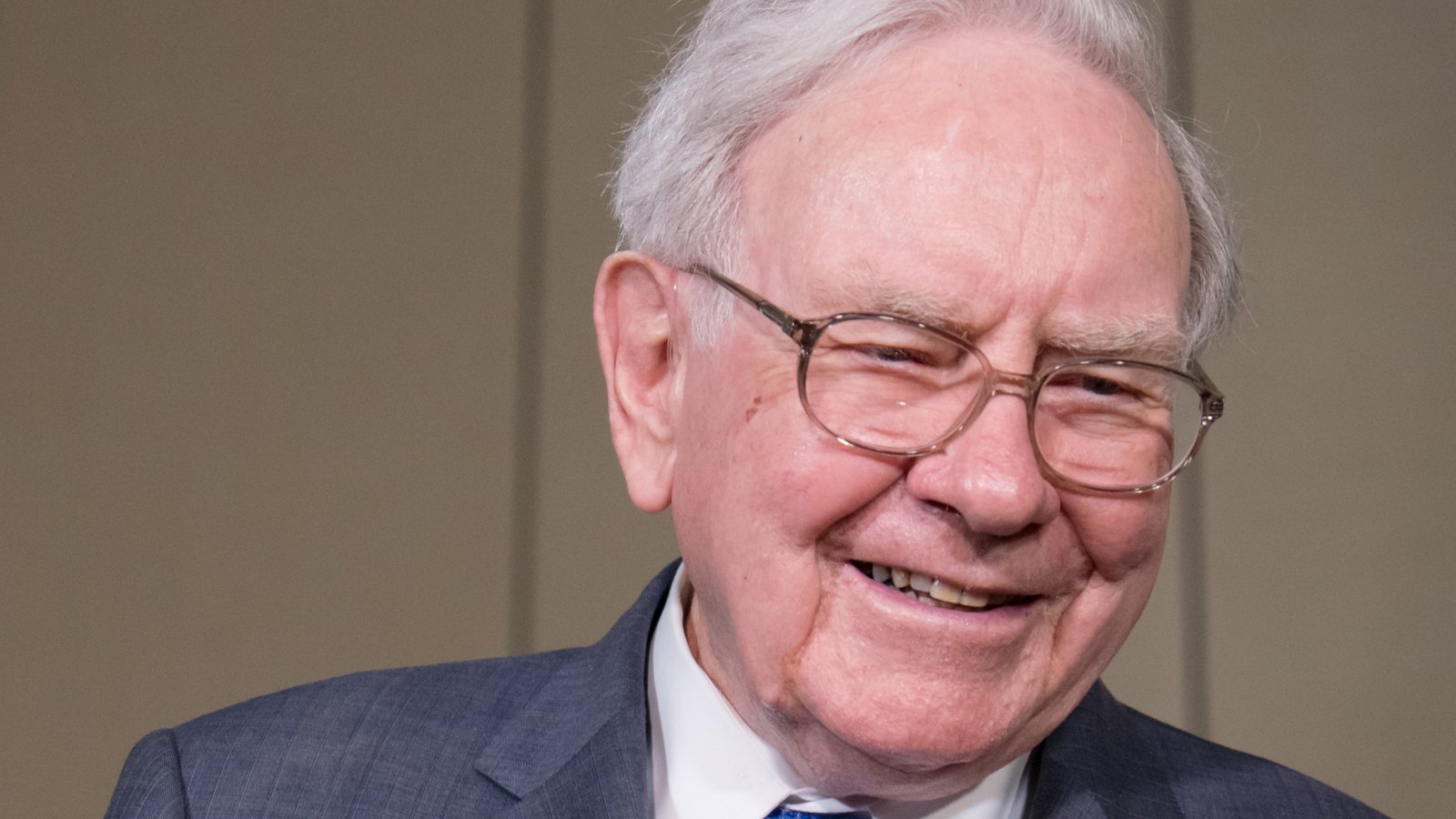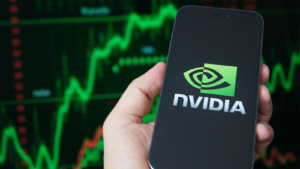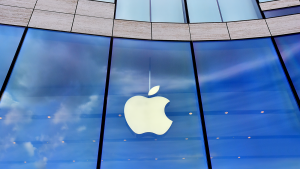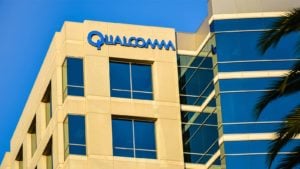
Warren Buffett is continuously seeking stocks – dividend and non-dividend – with durable competitive advantages as they ultimately end up standing the test of time. That’s why their respective stocks make such good investments: Durable competitive advantages create strong pricing power. That leads to huge gains over time.
However, maintaining competitive advantage in the fast-moving technology world is more difficult than in other sectors. The pace of innovation requires massive, sustained investments in research and development for one. Furthermore, there are always dozens of companies on the cusp of major innovation threatening to render leading tech firms obsolete, eliminating competitive advantage overnight.
The result is that maintaining an unbeatable competitive advantage in the tech world is very difficult.
Buffett is heavily invested in Apple but outside of that he’s not tech heavy in general. This article looks at mostly tech dividend stocks exhibiting Buffett’s cardinal rule.
Microsoft (MSFT)

Microsoft (NASDAQ:MSFT) continues to exhibit very strong competitive advantages which make its stock consistently buy worthy.
Competitive advantage is simply the ability to produce goods and services better than one’s competitors. If that sounds a little bit subjective and touchy-feely it’s because it is. However, we can identify competitive advantages on the income statement. It always shows up as high gross margins. Maintain those gross margins over time and your company is said to exhibit durable competitive advantage.
40% is the general cut off for gross margins indicating a competitive advantage. Microsoft has consistently been in the 68 to 69% range over the past 5 years. Gross margins exceeded 70% on the most recent earnings print for the period ended March 31.
It appears that Microsoft’s investment in artificial intelligence is having positive, appreciable effects on its competitive advantage.
Microsft exhibits durable competitive advantage and pays a modest dividend yielding 0.67%. Perhaps Buffett will buy it at some point in the future.
Nvidia (NVDA)

Nvidia (NASDAQ:NVDA) arguably has an even better competitive advantage than Microsoft depending upon how you look at it. At the moment, Nvidia’s gross margin is even higher than Microsoft’s. That’s all a product of pricing power which Nvidia clearly benefits from.
Nvidia has cornered the market for artificial intelligence chips. It enjoys tremendous pricing power as a result. In turn, gross margins surged above 72% in 2023. The question really becomes whether Nvidia can continue to sell its chips at extraordinarily high prices.
Analysts anticipate that the upcoming Blackwell chip will be on par with the Hopper chip that it supersedes. However, those same analysts also believe certain Blackwell superchip iterations could fetch prices in the range of $60,000 to $70,000 each. That all suggests Nvidia’s competitive advantage is only strengthening moving forward. Combine that with the recent stock split that has made shares more affordable and $150 share prices are easily within reach.
Nvidia has also been paying dividends for more than a decade which may surprise some.
Taiwan Semiconductor Manufacturing (TSM)

Taiwan Semiconductor Manufacturing (NYSE:TSM) is well known to be one of the most important companies within the semiconductor supply chain globally. The company produces the majority of the world’s most advanced chips. Currently, the AI opportunity is sending its stock higher, up nearly 70% year-to-date.
There’s reason to believe that TSM shares are going to move higher. For one, the company may charge Nvidia higher prices to manufacture Nvidia’s AI chips. Recent comments from the CEO Andy Dinh have led many to speculate that the company intends to charge higher prices to Nvidia, which recently surpassed $3 trillion in market capitalization.
Headlines like that one should continue to impart the value of TSMC to the broader investment world. The company’s chips enabled the development of PCs, mobile phones, and now AI. Taiwan Semiconductor Manufacturing exhibits massive competitive advantages that show up as consistently strong gross margins that suggest durable competitive advantages. Taiwan Semiconductor Manufacturing is also a dividend stock yielding 1.4%.
ASML Holding (ASML)

ASML Holding (NASDAQ:ASML) is another indispensable firm within the semiconductor supply chain. That continues to make its stock incredibly valuable and worth buying. The company continues to dominate the Extreme Ultraviolet (EUV) lithography market.
The EUV devices that ASML produces are approximately bus-sized machines used in the manufacturing of the most advanced semiconductors. The company will produce five such machines in 2024. All five of those have been sold to Intel (NASDAQ:INTC) at a cost of $370 million a piece.
ASML offers a modest dividend that seems to be somewhat of a focus for the firm. I say that because the company changed it from an annual to a semi-annual dividend in 2019. It then changed the semi-annual payment to a quarterly dividend in 2022.
ASML is the only company that can produce EUV machines. Clearly, those machines are extraordinarily rare. They’re also in high demand in light of the emergence of AI and the fact that it demands the highest technological capabilities in its manufacture. ASML is the sole producer of something in high demand for which extremely low quantities exist. That’s an obvious recipe for extreme pricing advantages and success. That’s exactly what is reflected in the company’s financial reports: gross margins consistently hovering around the 50% mark.
Apple (AAPL)

Apple’s (NASDAQ:AAPL) continued success is predicated on the competitive advantage of its products, primarily the iPhone. So, as iPhone sales go, so goes Apple’s stock.
Until very recently that had been sideways at best. iPhone sales continue to fall per the most recent earnings report. The company has consistently been trying to supplant falling iPhone sales with services revenues but it has not made up the difference. The result is that overall sales continue to decline.
Why then has Apple stock turned around in the last few weeks? The unsurprising answer is AI. The markets continue to be forward-looking.
So, when Apple released its Apple Intelligence AI tools recently at its annual Worldwide Developer Conference (WWDC), perception shifted. Apple is no longer an AI laggard. Instead, the markets now perceive Apple to be very strong as it relates to artificial intelligence. It is also widely expected that the integration of AI into its iPhones will spike sales as customers rush to upgrade.
Apple represents Buffett’s largest individual holding so it’s no surprise that it follows his cardinal rule. It does provide dividends and exhibits durable competitive advantages.
Qualcomm (QCOM)

Qualcomm (NASDAQ:QCOM) stock is deeply connected to Apple but don’t let that confuse you, Apple needs Qualcomm as much as Qualcomm needs Apple. The company has long provided chips used in the iPhone. Apple has long tried to force Qualcomm to accept lower prices for those chips but Qualcomm has not budged.
The company recognizes the inherent strength it has due to its technological know-how. Qualcomm produces leading chips utilized for power management, connectivity, and computation. Beyond that, Qualcomm is also emerging as one of the better AI chip opportunities. Share prices have skyrocketed this year as a result. The markets are highly optimistic about Qualcomm’s Snapdragon chips.
Although Qualcomm is clearly well positioned and rife with competitive advantage, there are real risks. Share prices have risen extraordinarily quickly this year. There’s an argument to be made that they are currently overpriced or fully priced. Furthermore, Qualcomm derives roughly 40% of its revenues from China. Qualcomm’s competitive advantages are strong but it does face the potential for political retribution which is something to be aware of as an investor.
Anyway, it is a strong tech stock in relation to its dividend and is arguably a tech stock Warren Buffett would consider.
Coca-Cola (KO)

Coca-Cola (NYSE:KO) is another dividend stock that Warren Buffett is famously known to hold.
That is news to very few. However, have you ever wondered what Warren Buffett likes about Coca-Cola so much? After all, it is the fourth largest position in his portfolio.
The answer is durable competitive advantage and sustainable pricing power. Coca-Cola has massive gross margins: It costs the company very little to sell its products reative to its competition.
That means the company has a lot of money left over. Its competitors have to spend massive amounts of money for research and development. Coca-Cola doesn’t: The company has essentially perfected its recipe. It can sell products at high margins globally while competitors have to scramble to identify any openings. That costs them money, eroding their margins in the process.
If Coca-Cola wants to enter a new market it sets up manufacturing knowing margins will be high. The competition has no such benefit.
Finally, there’s the dividend. It was last reduced in 1963. The durable competitive advantage I keep talking about manifests as an ultra-reliable dividend.
On the date of publication, Alex Sirois did not have (either directly or indirectly) any positions in the securities mentioned in this article. The opinions expressed in this article are those of the writer, subject to the InvestorPlace.com Publishing Guidelines.





